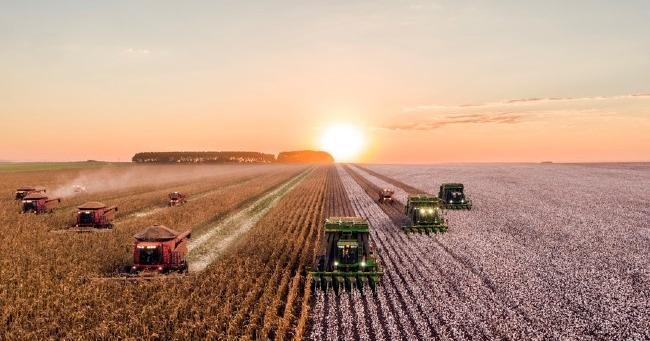In the realm of small-scale livestock farming, efficiency and resource optimization are paramount. Customizing farm equipment becomes a strategic approach for farmers seeking to tailor their tools to the specific needs and scale of their operations. From feed management to animal housing, here’s a closer look at the practical tips and solutions for small-scale livestock farmers looking to optimize their farm equipment.
The Importance of Tailored Solutions
Small-scale livestock operations often face challenges distinct from larger counterparts. The scale of production, available space, and financial considerations necessitate a thoughtful approach to equipment selection and customization. Tailoring solutions ensures that every piece of equipment aligns with the specific needs and goals of the farm, maximizing efficiency and minimizing waste.
Flexible Animal Housing
Customizing animal housing is a critical aspect of small-scale livestock farming. Farmers can explore modular and easily adjustable structures that accommodate the changing needs of the animals. This flexibility allows for efficient space utilization, seasonal adjustments, and the ability to expand or contract as the livestock herd fluctuates. Considerations should also include natural ventilation, lighting, and insulation for the well-being of the animals.
Compact Feed Management Systems
Efficient feed management is essential for the health and productivity of livestock. Small-scale farmers can benefit from customized feed systems that match the size of their operation. This may involve investing in compact silos, automated feeding systems, or portable feeders that can be strategically placed to ensure uniform access for all animals. Properly customized feed management enhances nutrition, reduces waste, and streamlines daily operations.
Versatile Fencing Solutions
Fencing plays a crucial role in small-scale livestock operations, providing security and defining grazing areas. Customized fencing solutions can include easily movable panels or electric fencing for rotational grazing. The installation of a cattle gate, strategically placed for efficient movement, becomes a key element. The gate not only ensures controlled access but also contributes to the overall security and safety of the livestock.
Portable Corrals
Herding and handling livestock on a small scale can be facilitated by portable corral systems. Custom-designed pens and chutes allow for efficient movement and handling of animals when needed. These portable setups provide flexibility, enabling farmers to adapt their handling practices based on the specific requirements of different livestock or the layout of the land.
Adaptable Watering Systems
Water accessibility is a critical aspect of livestock farming. Customized watering systems can include strategically placed troughs, mobile water tanks, or even automated waterers. These adaptable solutions ensure that livestock have consistent access to clean water regardless of the farm’s layout or the rotational grazing patterns implemented.
Multi-Functional Utility Vehicles
Investing in multi-functional utility vehicles tailored to the size of the operation is a wise choice for small-scale farmers. These vehicles can serve various purposes, from transporting feed and equipment to assisting with fieldwork. Compact utility vehicles provide agility in navigating smaller spaces, reducing the need for larger and more costly machinery.
Precision in Manure Management
Manure management is a critical aspect of livestock farming, and small-scale farmers can adopt customized solutions for efficient waste utilization. This may involve investing in compact manure spreaders, composting systems, or even exploring partnerships with local farmers for collaborative manure management practices. Customization ensures that the approach aligns with the farm’s scale and environmental sustainability goals.
Technology Integration
The integration of technology can enhance the efficiency of small-scale livestock operations. This may include the use of sensor-based monitoring systems for animal health, automated feeding technologies, or even smartphone applications for real-time farm management. Customizing technology solutions allows farmers to embrace innovation without overwhelming the scale of their operations.
In the realm of small-scale livestock farming, customization emerges as a cornerstone for success. From adaptable animal housing to efficient feeding systems and technology integration, the practice of tailoring equipment ensures that small-scale farmers can thrive in a dynamic agricultural landscape. As they invest in the specific needs of their operation, farmers lay the foundation for sustainable practices, increased productivity, and a resilient future for their small-scale livestock endeavors.

